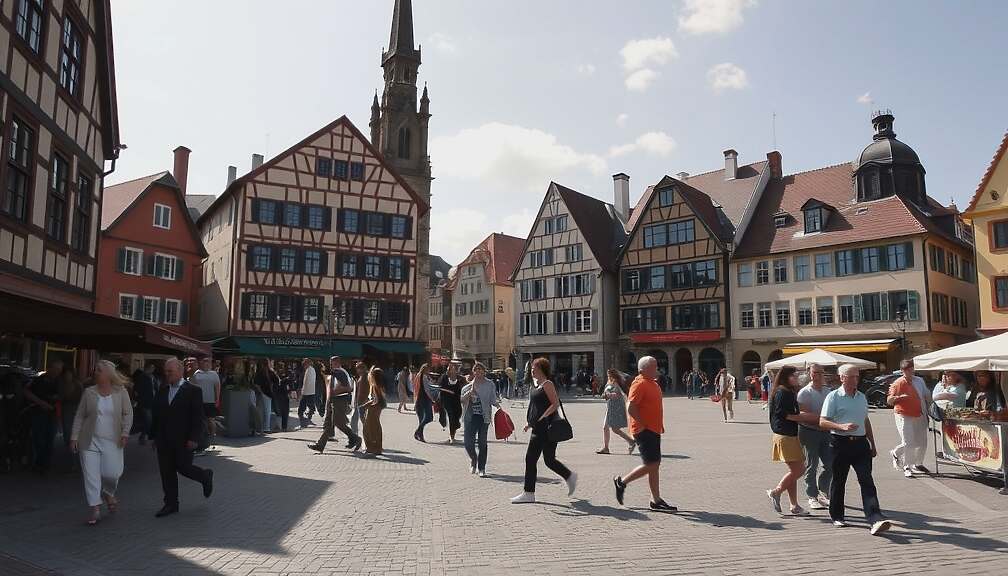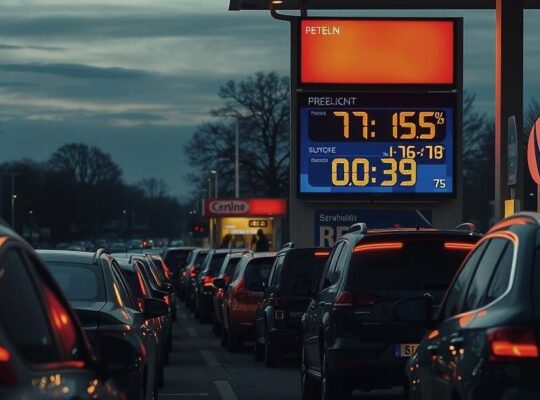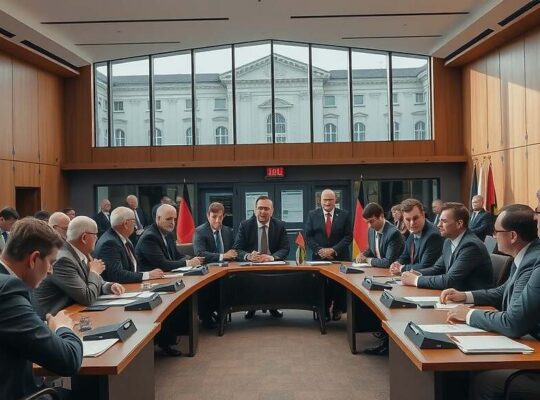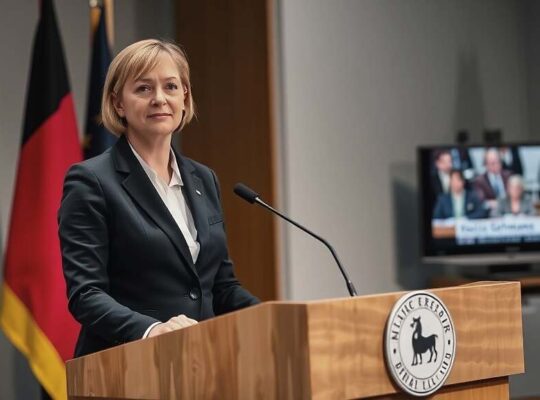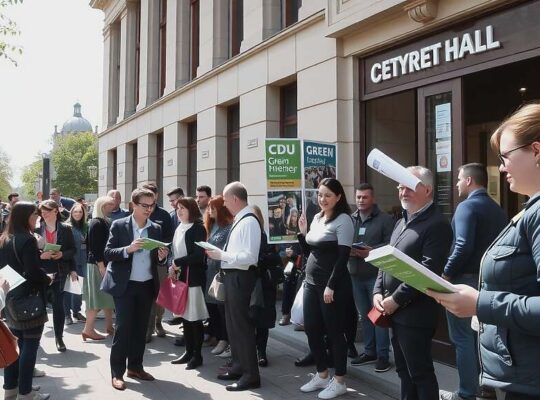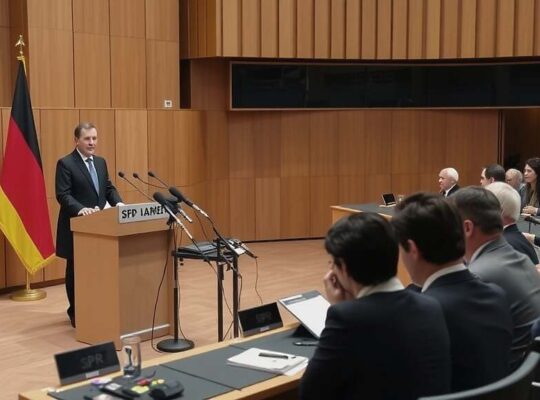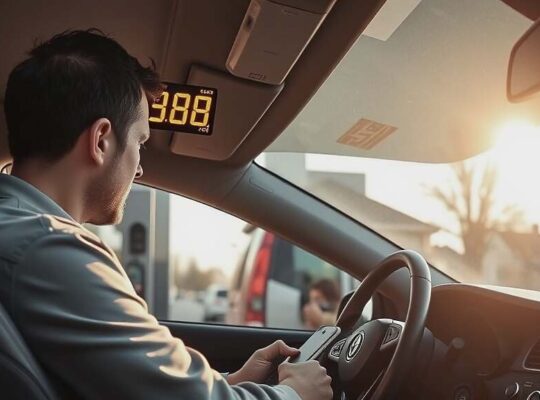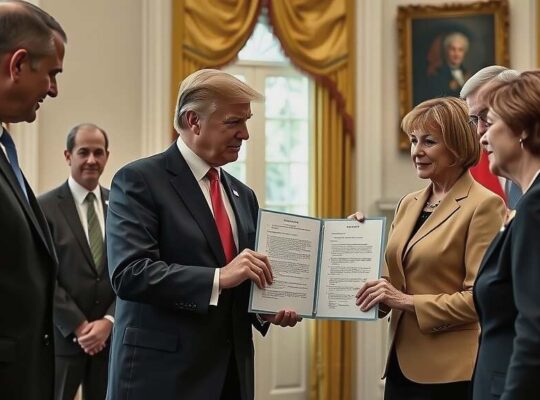The latest ZDF Politbarometer survey reveals a deeply fractured political landscape in Germany, with the Christian Democratic Union (CDU) and the far-right Alternative for Germany (AfD) locked in a virtual tie at 27% each. This represents a slight increase for both parties, highlighting a persistent shift in the electorate and raising concerns about the diminishing political center.
The Social Democratic Party (SPD), Chancellor Olaf Scholz’s party, remains significantly behind at 14%, while the Green Party struggles at 12%. The Left party sees a minor decline to 9%, further fragmenting the opposition. A disparate collection of smaller parties, including the recently formed BSW and the Free Democratic Party (FDP), collectively hovers around a mere 11%, a precarious position that leaves them largely marginalized within the national conversation.
The survey, conducted by the Mannheim Research Group, underscores the challenges facing the ruling coalition. The ongoing debate surrounding pension reform appears to be a particular source of contention; while 46% of respondents believe a compromise within the CDU is nearing, a majority – 51% – express deep skepticism. This division, notably fueled by internal CDU disagreements, is further complicated by a slightly more pessimistic sentiment amongst SPD supporters.
The data, compiled from interviews with 1,207 eligible voters between November 18th and 20th, paints a picture of a politically unstable Germany. The continued rise of the AfD necessitates a critical assessment of the factors driving their appeal, while the SPD’s struggles and the fragmentation of the opposition raise questions about the government’s ability to effectively address pressing national issues and secure a stable parliamentary majority. The survey’s findings suggest a potentially volatile election cycle ahead, demanding careful navigation and robust policy initiatives to attempt to bridge the widening political divides.


